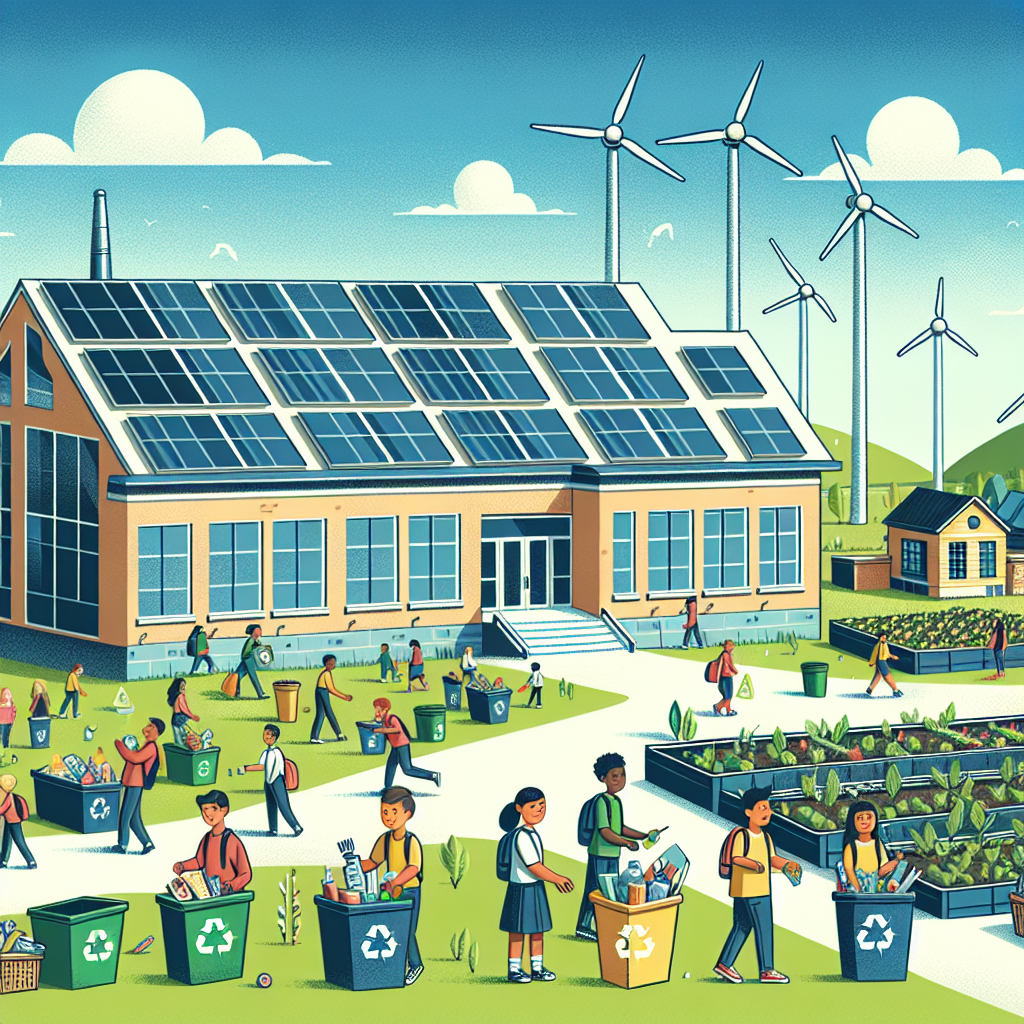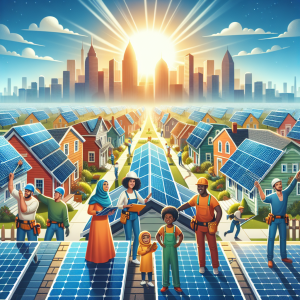Understanding the Core Skills for Sustainable Off-Grid Living
Living off the grid represents a lifestyle characterized by self-sufficiency and minimal reliance on public utilities. To thrive in such an environment, individuals must hone a blend of practical and survival skills. Below are essential skills every aspiring off-gridder should master:
1. Renewable Energy Basics
Harnessing natural resources is a cornerstone of off-grid living. The ability to generate power through solar panels, wind turbines, or micro-hydro systems is invaluable. Understanding how to install, maintain, and repair these technologies guarantees a continuous energy supply. Familiarity with battery storage systems and inverters is also crucial for converting and storing electricity efficiently.
2. Water Sourcing and Purification
Securing safe and clean water is vital for survival. Knowing how to locate natural water sources, such as springs, rivers, or rainwater, is an essential skill. Off-gridders should be proficient in various water purification methods like boiling, filtration, and the use of chemical purifiers. Building a rainwater catchment system can provide a reliable water supply in areas where ground or surface water is scarce.
3. Sustainable Food Production
Growing your food reduces dependency on commercial sources. Mastering vegetable gardening involves knowledge of soil health, crop rotation, and integrated pest management. Companion planting and organic farming techniques can increase yield and resilience. Additionally, understanding the basics of animal husbandry for those raising livestock is beneficial. Self-preservation skills such as canning, fermenting, and drying are essential for maintaining a food supply year-round.
4. Shelter Construction and Maintenance
The ability to build and maintain a shelter is fundamental. This includes understanding basic construction principles: selecting materials, building framework, roofing, and insulation. Skills in carpentry, masonry, and plumbing may be required depending on the complexity of the structure. Regular maintenance skills, like sealing leaks and repairing roofs, are necessary to keep a shelter habitable.
5. Off-Grid Communication Skills
While many may seek a secluded life, maintaining communication with the outside world is important for safety and staying informed. Familiarity with satellite phones, amateur radio (ham radio), and other independent communication systems can help maintain contact without relying on traditional networks.
6. First Aid and Medical Knowledge
Living remotely necessitates a basic understanding of first aid and emergency medical procedures. Off-gridders should have a well-stocked first aid kit and know how to treat common injuries and illnesses, manage infections, and handle crisis situations. Learning about herbal medicine and home remedies can supplement limited medical resources.
7. Fire and Heating Proficiency
Especially in colder climates, efficient heating is crucial. Skills in wood chopping, stove operation, and fire safety are vital. Off-gridders must learn to season firewood, operate wood-burning stoves, and understand smoke management to keep their homes warm and safe. Knowledge of alternative heating methods such as passive solar heating can provide additional warmth without extra fuel.
8. Waste Management and Recycling
Proper management of waste and recycling is a part of sustainable living. Composting organic waste and repurposing non-biodegradable materials minimizes environmental impact. Off-gridders must learn to construct and maintain compost bins, recycle, and safely manage human waste, often employing systems like composting toilets or constructed wetlands.
9. Security and Defense Insights
Given the isolation, personal and property security is a concern. Developing situational awareness and learning self-defense techniques are important for personal safety. Familiarity with basic security systems, such as alarms, and having strategic plans for deterrence and protection can safeguard against potential threats.
10. Financial and Resource Management
Living off-grid doesn’t eliminate financial needs. Managing finances, budgeting for resources, and understanding market trends are crucial for procuring necessary items sustainably. Bartering skills and participating in local or online off-grid communities can help in resource sharing and reducing costs.
11. Community Building and Cooperation
Collaboration and social skills can greatly enhance the off-grid experience. Building relationships with nearby off-grid communities can provide support, resource sharing, and collective problem-solving. Participating in cooperative endeavors like community gardens or workshops helps foster a sense of community and mutual aid.
By mastering these essential skills, individuals can successfully transition to a sustainable off-grid lifestyle, ensuring their well-being and increasing their independence from traditional systems.



